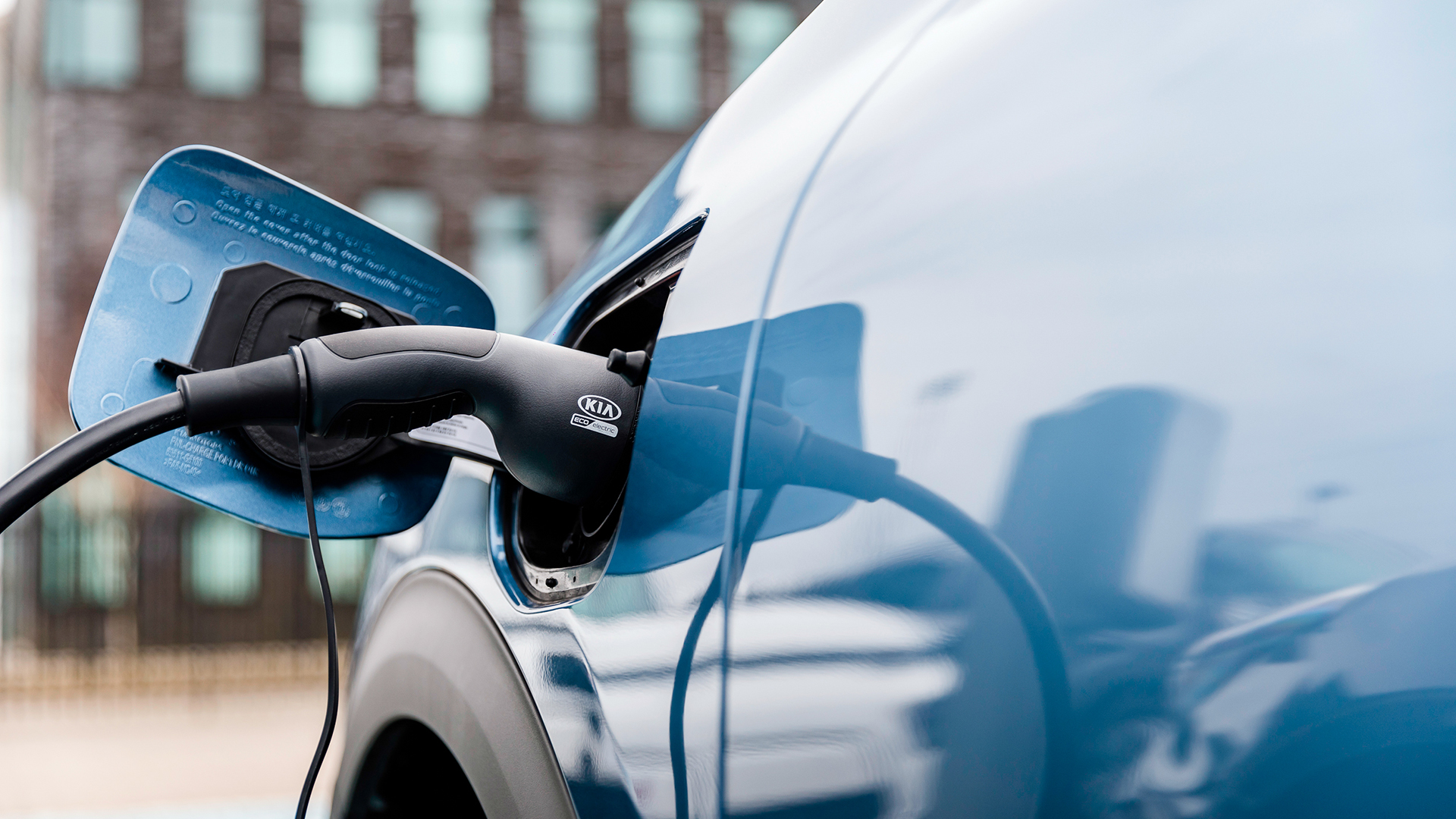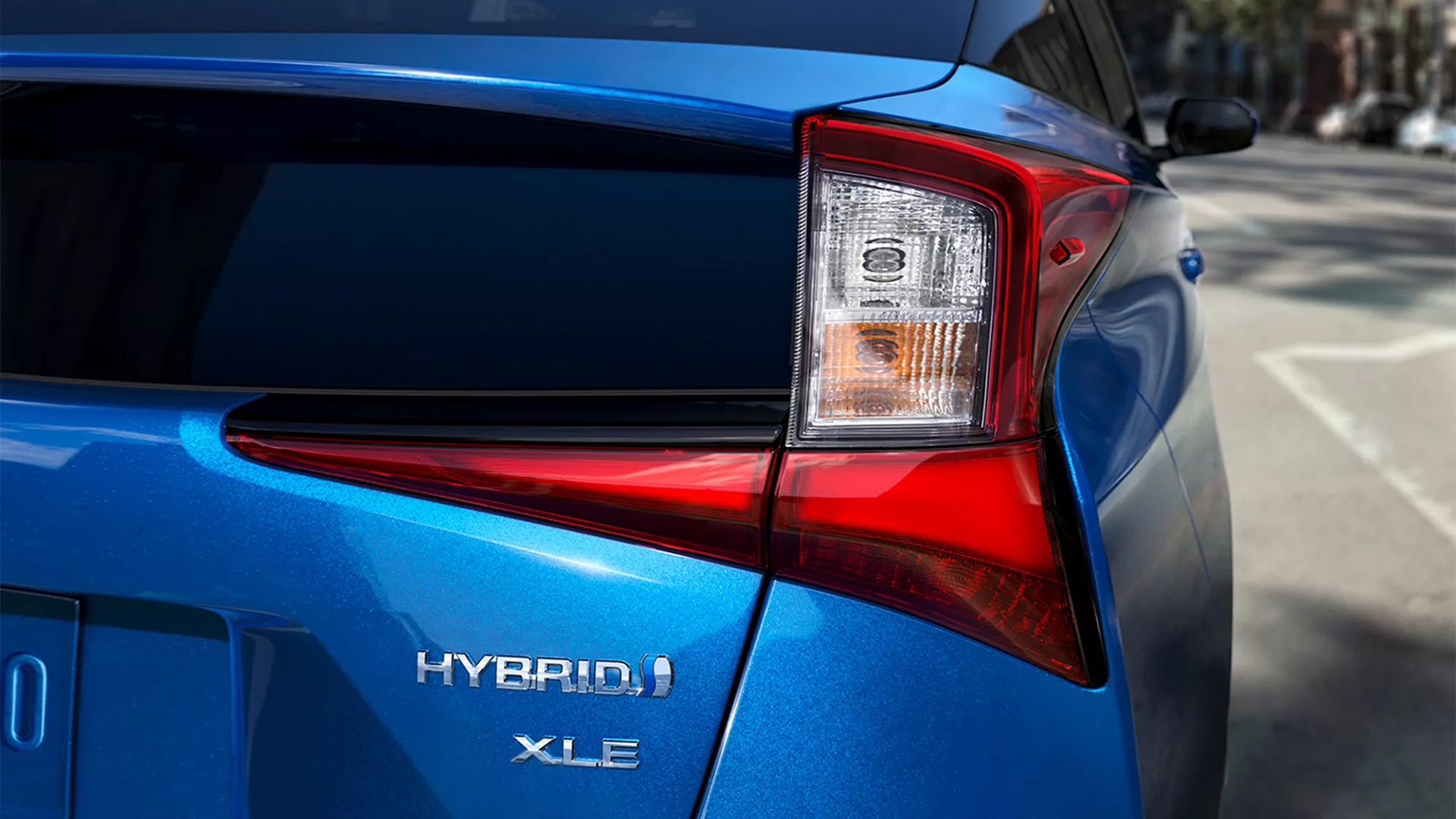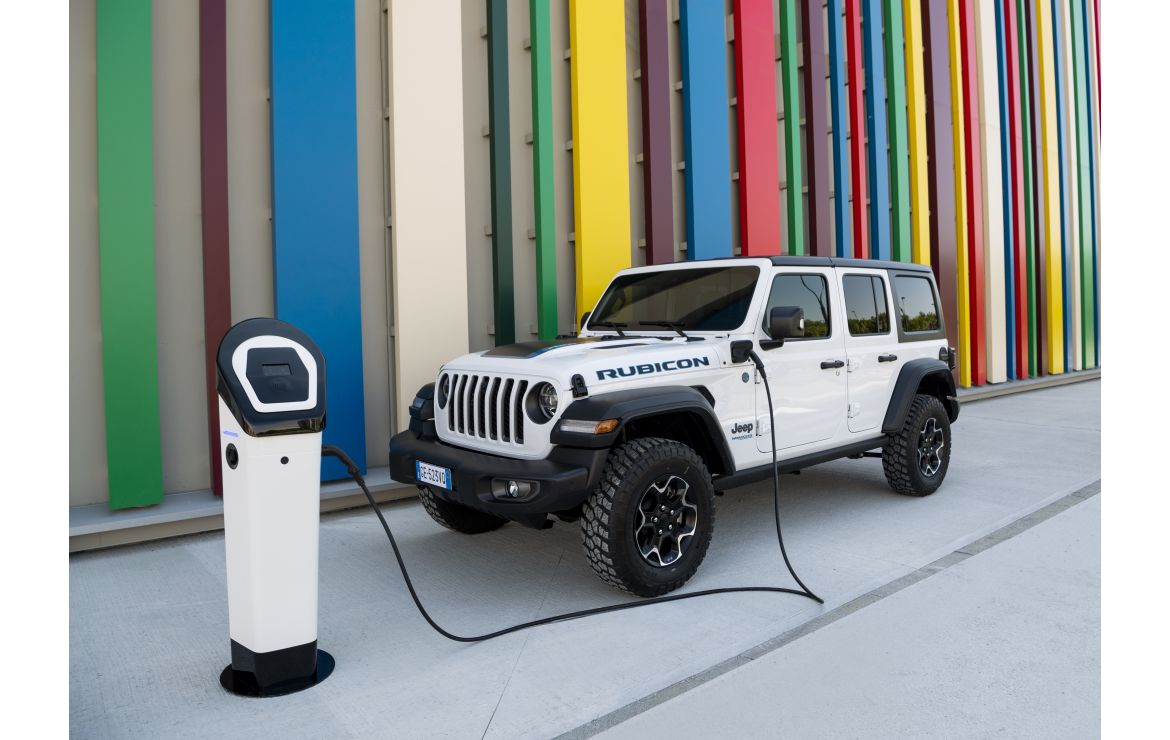I'd buy a hybrid car rather than EV and here's why
Fuel prices tempting you to buy an electric car? A hybrid solution could be better right now


I'm a big fan of electric vehicles (or EVs). I like the way they drive, the technology in them and, crucially, how much cheaper they are to run. But if you were to ask me, is now the time to buy an EV? my answer would be no. At least for most people.
This is especially true if you live in the UK, as the main problem is not the cars themselves but the charging infrastructure. Even with the relatively small distances between destinations in the UK, you need to be far more organized with your route planning than with a regular internal combustion engine (or ICE) vehicle.
With a gas (petrol or diesel) car you know that when you are running low on fuel, you simply hop into the next gas station and fill up, then be on your way minutes later. With an electric car, distances between charging stations are much greater and that charging time can easily be an hour out of your day.
This is all manageable if you use the vehicle's route planner, and let it plot out your charging points along your route. This is fine for longer trips but probably a pain for those regular journies around town. Having a home charger means that you only need to make it home before you run out of charge and you'll be ready to go with 100% battery the next morning. Not having a home charger doubles the complexity.
So what's the alternative? The best solution for most people right now is a hybrid car. These still have an internal combustion engine that takes increasingly pricey fuel, but it also has an electric motor and battery which can be used for short distances or low speeds. This means that while you are still needing to fill up at the pump, you'll be filling up much less often.

The Toyota Prius is one of the best known full hybrid models
There are four main types of hybrid vehicles to consider: full hybrids, mild hybrids, plug-in hybrids (PHEVs) and range extenders (REXs).
Full hybrids can run on either electric or fuel power independently or can use both together, allowing the car to decide which one is right at the time. This could be when you are traveling below a certain speed, or for short distances. A mild hybrid is similar but the two power sources can only be used together, letting the car choose. In both cases, the electric motor is charged through the car's movement (braking and coasting).
Get all the latest news, reviews, deals and buying guides on gorgeous tech, home and active products from the T3 experts
Plug-in hybrids (PHEVs), as the name suggests, can be plugged in to charge their battery. These batteries are not as large as those on fully electric cars, so only have a short range, but can be used entirely in electric mode, as well as in dual mode (or fuel only if you really wanted).
Range extenders (REXs) are almost the opposite of a PHEV, as they are electric vehicles that have small petrol engines as a reserve to extend their range. As the range on full EVs has increased, REXs have become less common.

Jeep Wrangler 4XE plug-in hybrid
While all hybrids offer an improvement in fuel economy compared to ICE vehicles (unless you use them in fuel-only mode), I think it's the plug-in hybrids (PHEV) that offer the best solution for most drivers.
PHEV models are available in most classes of vehicles, from sedans to SUVs, compacts to minivans. The Kia Niro, that is also available in ICE and full EV models, comes in PHEV form, making it an appealing option for all drivers. Luxury vehicles such as the Audi A7 and BMW 5 series also come in PHEV models, as do 4x4s.
In the US, the popular Jeep Wrangler is now available in PHEV form, known as the Wrangler 4xe, as does the 2022 Jeep Grand Cherokee. The only area that hasn't embraced the PHEV is the pickup truck. Ford's new small pick up the Maverick comes in a full hybrid form but not with the option to plugin.
While having both ICE and electric motors in the vehicle does add weight, the PHEV solution provides many of the benefits of an EV without the charging complications – though you'll still want a home charger installed to keep that battery topped up.
The future is definitely electric but the present, for me, is very much hybrid.

As T3's Editor-in-Chief, Mat Gallagher has his finger on the pulse for the latest advances in technology. He has written about technology since 2003 and after stints in Beijing, Hong Kong and Chicago is now based in the UK. He’s a true lover of gadgets, but especially anything that involves cameras, Apple, electric cars, musical instruments or travel.